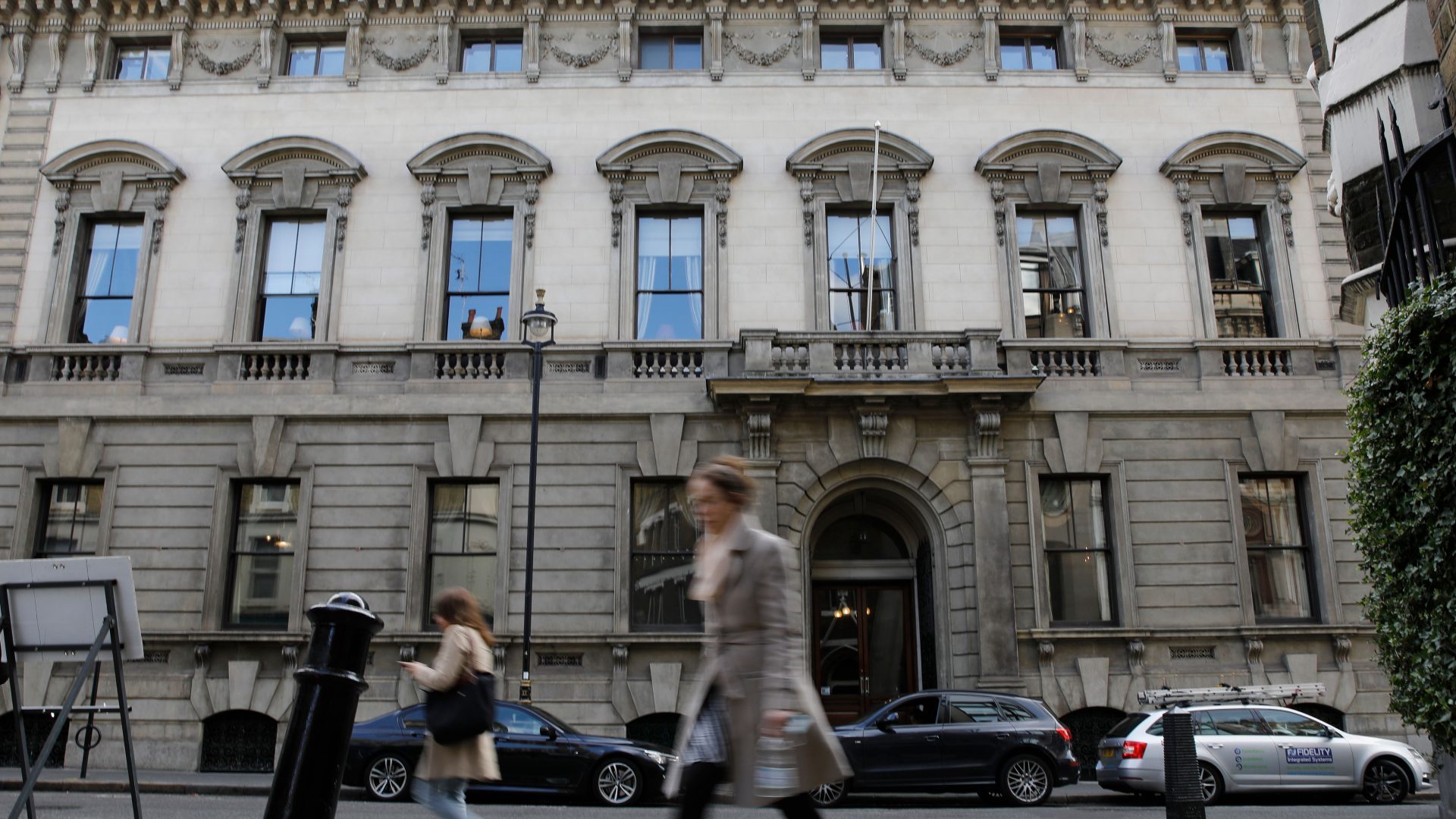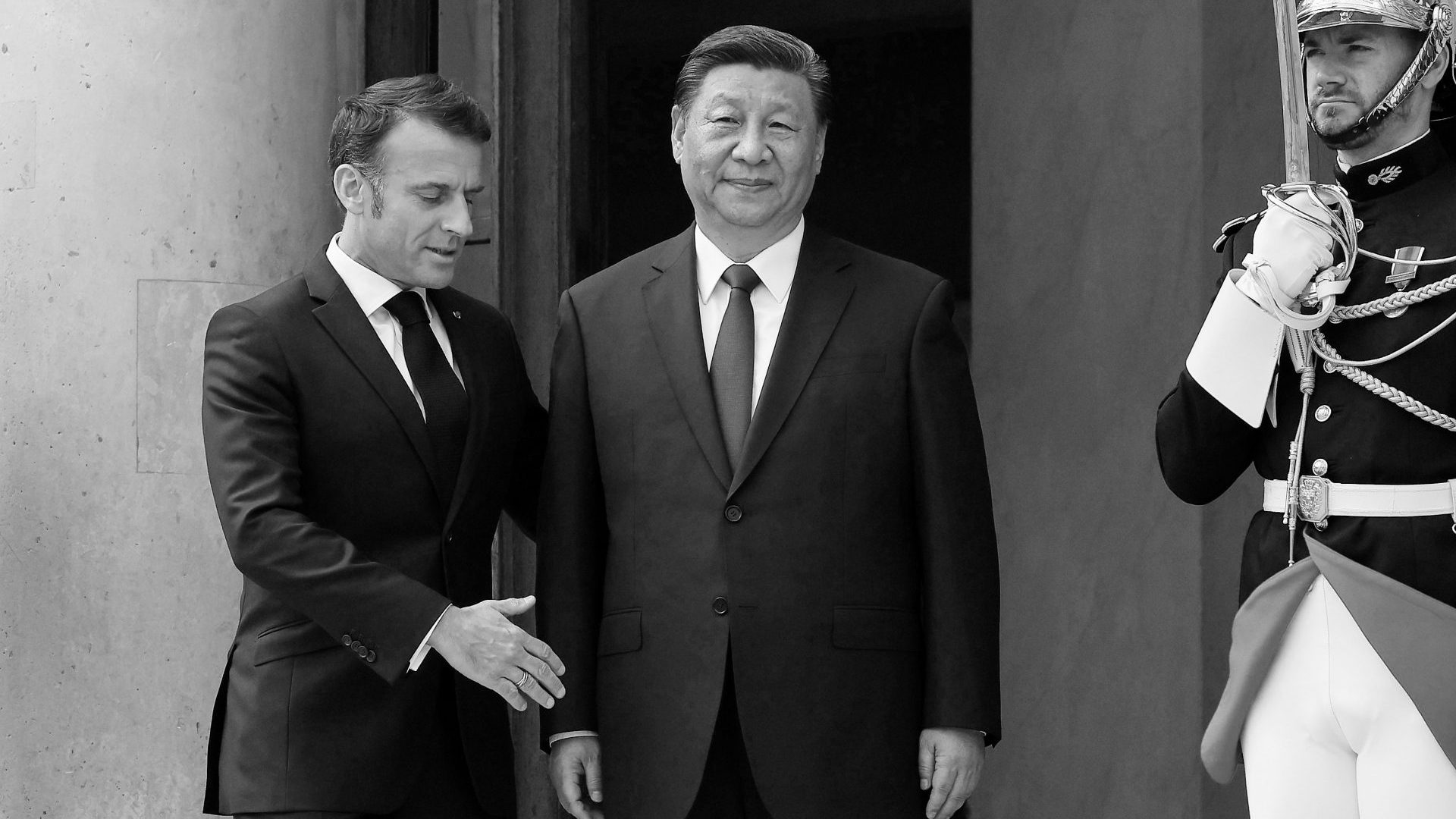Cowardice rather than conviction explains why the Garrick Club has finally succumbed to the principle of having women members. For 193 years the club has thrived despite its commitment to allow only men to join, yet the decision by The Guardian to publish the names of members was enough to force the resignation of a series of nervous chaps. They were, it seems, terrified of being portrayed as supporters of a regime that discriminated against women.
Ironically, the decision to allow women to join came almost simultaneously with the equalities minister, Kemi Badenoch, declaring that it would become illegal for new buildings such as clubs, restaurants and shopping centres not to provide single-sex lavatories. Women have been campaigning for that freedom from the male presence in much greater numbers than they have been clamouring for membership of The Garrick.
Gentlemen’s clubs in one guise or another have been a feature of the social scene, particularly in London, for centuries while women have enjoyed their own institutions too. Those who were determined to break down the “men only” barrier in Garrick Street argued that it was a special case because really important matters were being discussed and decided by the really important people who met there and this only served to perpetuate the cruel patriarchy that persists in the UK.
Once they have been through the convoluted process of being put up for membership and undergone extensive vetting in order to be allowed to pay a subscription, they may be in for a disappointment.
Put aside the fact that the rules ban business talk, a stricture that admittedly might be hard to implement, the ornate Covent Garden building is not the beating heart of Britain. It is a haven for elderly thespians and those who wish to rub shoulders with them. Yes, that includes a gaggle of Conservative politicians but Michael Gove would probably be more interested in collecting the autograph of Brian Cox or Hugh Bonneville than trying to discuss matters of state. Jacob Rees-Mogg, should he ever deign to sit at the communal long table, would surely be too occupied playing to the crowd to say anything of import.
For Tory politicians intent on serious business – an unlikely occurrence these days and probably for decades to come – the Carlton Club is the natural home and that has been granting women full membership since 2008. The Garrick is for relaxation and entertainment, as one of its major sources of funds, Winnie-the-Pooh, understood. The fortune his begetter left to the club now finances its charity to benefit the arts.
The Cabinet Secretary and the head of MI6 have stressful jobs and, like Pooh, probably enjoy a bit of relaxation and some favourite food. As they, along with a gaggle of judges, rushed for the club exit in the face of the Guardian campaign, they weren’t trying to ensure that women have equal access to power, merely that their own careers would not be blighted by allegations of unfair discrimination. Their willingness to drop their Garrick membership shows how little they value it – these people know where power really resides nowadays: in Silicon Valley, the trading desks of Goldman Sachs, and the offices of Blackrock.
And right next door to the place where the Garrick’s historic vote was taken early this month – the Connaught Rooms – is the imposing Freemasons’ Hall. That’s home to the United Grand Lodge of England, an organisation which far pre-dates the Garrick and which remains firmly closed to women.
If the Guardian really wanted to pursue the principle of equality, then the mysterious power and influence of Freemasonry could be worth its attention. This international movement lists its principles as “Integrity, Friendship, Respect and Service”, all qualities that might be thought to have appeal to those of every gender and none. Undoubtedly, the movement does charitable works but there are some who suspect that its charity most decidedly begins at home.
Elaborating on its aim of fostering friendship, the Grand Lodge literature says: “All members share a sense of togetherness that strengthens their ability to succeed and grow”. Would it be at all surprising if that success at work was given a helpful nudge, perhaps a promotion, by a fellow mason in the same company?
There are currently around 200,000 members in England, meeting regularly in over 6,800 lodges. While the majority will not be as high profile as the Garrick’s members, they are headed by a Duke and have regularly counted monarchs among their number. Prince Philip was known to be a mason.
At the very centre of the running of the City of London, the City Corporation’s Guildhall, the “City of London Lodge of Installed Masters no.8220” meets. That arcane title will certainly be accompanied by strange rituals, including the wearing of aprons and rolling up of trouser legs. Having rejoiced in throwing off their pinnies, most women probably have scant desire to be allowed into this odd club (there are two female-only Lodges in the UK).
But we all might welcome a little more transparency on exactly who the members are and what they do to help each other. Freemasons might be having far more impact than the Garrick. Or they might be as harmless as Winnie-The-Pooh.




